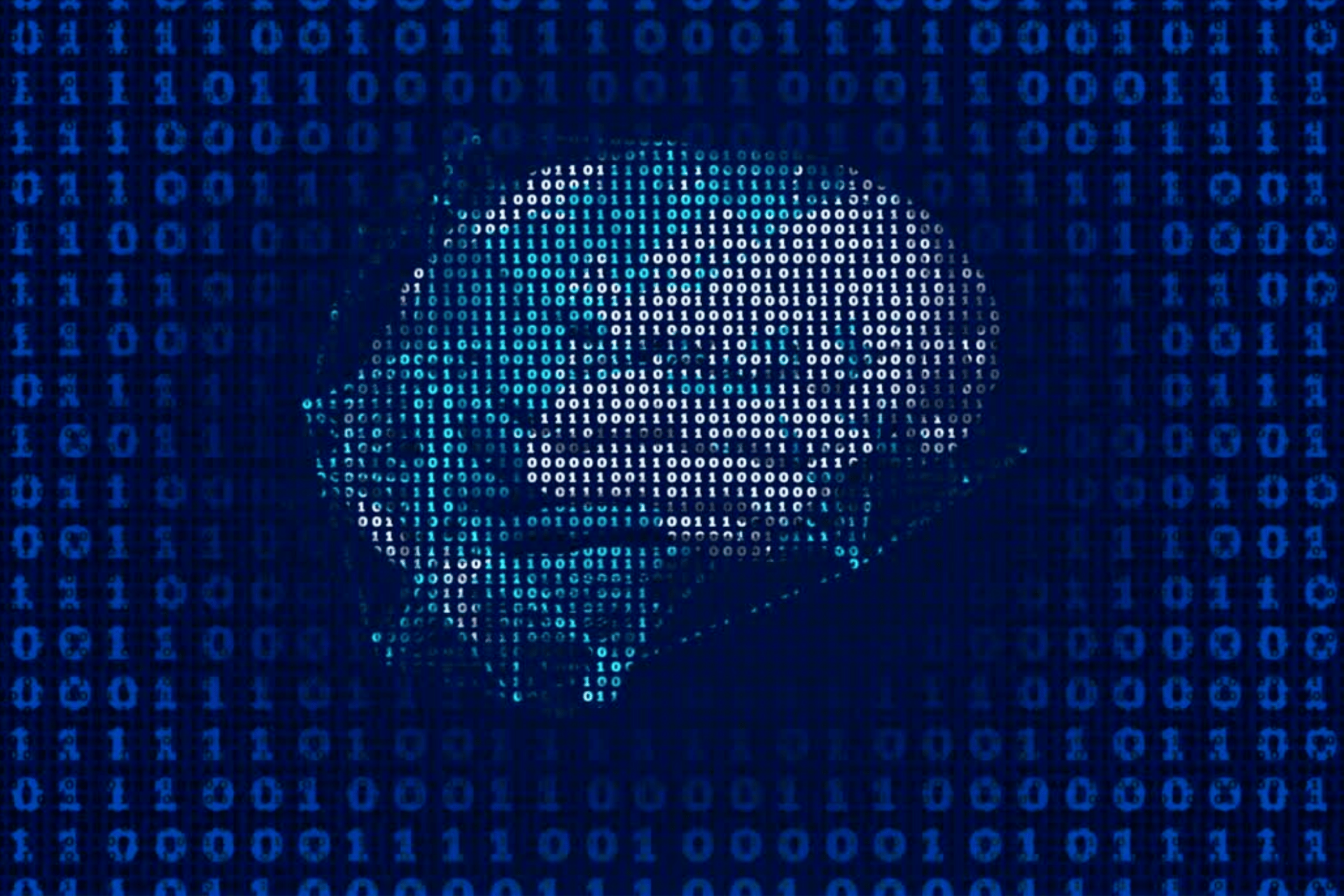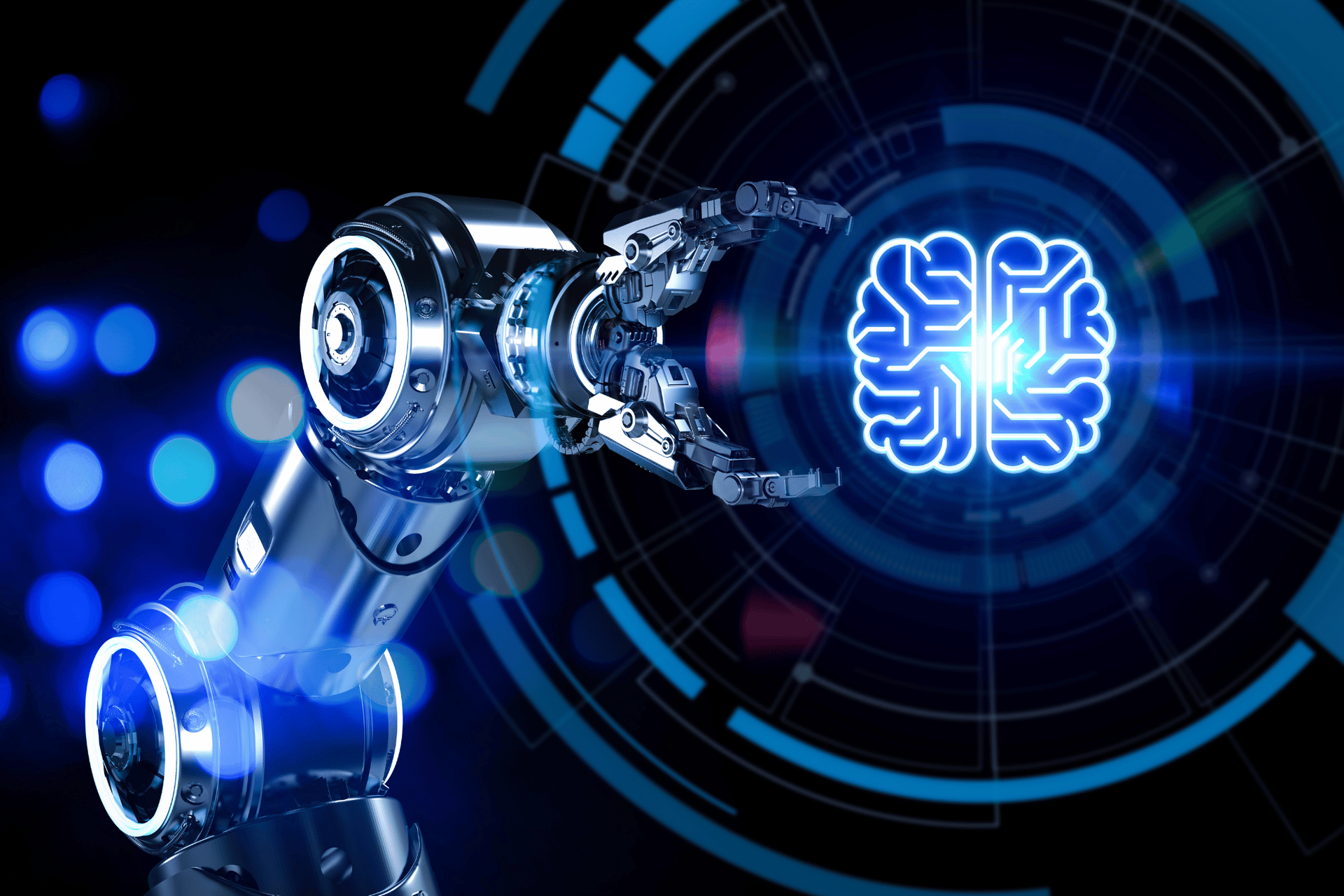TLDR:
Summary
The AI + Data Predictions 2025 Report by Snowflake explores the transition of AI from experimentation to enterprise-wide deployment, emphasizing the need for governance, security, and ROI measurement as organizations move AI into production environments.
Key Takeaways:
- AI Moves Into Production – Enterprises are shifting from AI pilots to large-scale implementations but still face challenges in proving AI’s value. In 2025, AI observability will be critical, ensuring real-time performance monitoring, bias detection, and security compliance. AI-ready data infrastructures will be essential for scaling AI effectively.
- AI Security Risks – AI-powered cyberattacks are rising, with threats such as LLM poisoning, adversarial AI manipulation, and model leakage. AI security must be treated like enterprise software, incorporating audit trails, access controls, and security data lakes. The ISO 42001 AI security standard is expected to become a compliance benchmark.
- Autonomous AI Agents – LLM copilots will evolve into fully autonomous AI agents capable of executing multi-step tasks, strategic planning, and workflow automation. While AI assistants are advancing toward greater autonomy, AI reliability must improve before businesses fully trust them for mission-critical operations.
- AI and Data Platform Integration – AI success will depend on seamless integration with data platforms, requiring unified data strategies, semantic layers, and AI-ready datasets. Organizations that fail to modernize data infrastructure will struggle to operationalize AI at scale.
- Industry-Specific AI Trends – AI adoption is advancing differently across industries. Financial services will focus on risk management and fraud detection while assessing AI’s ROI. Healthcare AI will accelerate in drug discovery and clinical research, but patient care adoption remains cautious. Retail AI is enhancing supply chain optimization and customer analytics, though AI-driven marketing must address privacy concerns. Telecom AI will leverage geospatial data for 5G network planning and optimization.
What This Means for Enterprises in 2025
The AI adoption curve is shifting, with organizations moving from hype-driven AI adoption to strategic AI integration. Companies must prioritize AI security, governance, and data infrastructure to fully capitalize on AI’s potential while managing risks.
For further insights, refer to the AI + Data Predictions 2025 Report by Snowflake.
Tags
ITOpsAI Hub
A living library of AI insights, frameworks, and case studies curated to spotlight what’s working, what’s evolving, and how to lead through it.


